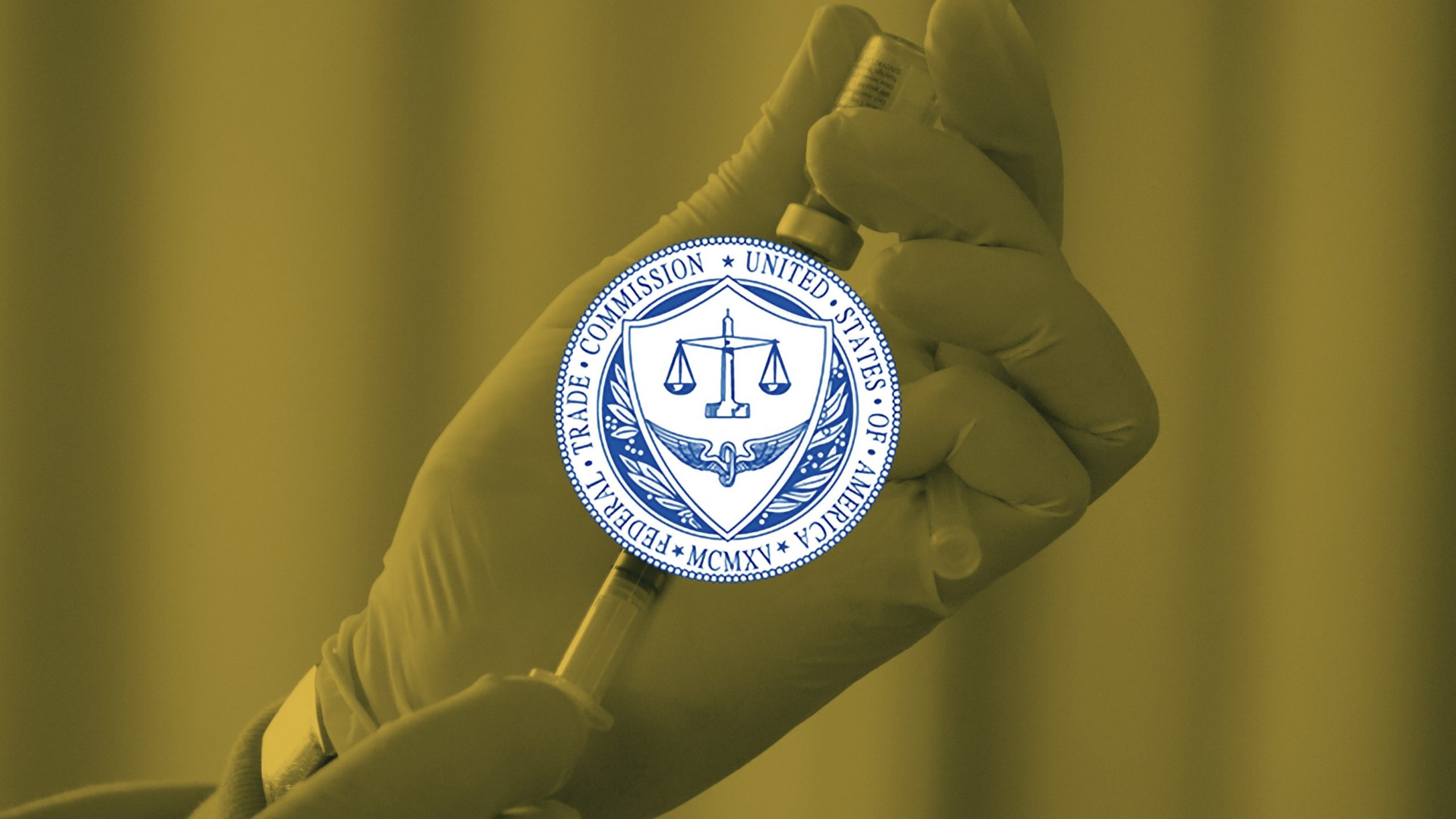Since the start of the pandemic, Facebook has removed or labeled more than 100 million posts for containing alleged coronavirus “misinformation.”
But during an appearance at the Federal Trade Commission’s (FTC’s) PrivacyCon 2021, an event that focuses on the latest research and trends related to consumer privacy and data security, University of Washington PhD candidate Christine Geeng suggested that social media platforms such as Facebook should go even further by increasing their labeling of “COVID-19 disinformation” and considering when it’s more effective to delete alleged “COVID-19 misinformation” instead of labeling it.
Geeng made the comments during a panel titled “Privacy and the Pandemic” where she discussed her December 2020 paper, “Social Media COVID-19 Misinformation Interventions Viewed Positively, But Have Limited Impact.”
Geeng claimed “coronavirus misinformation” was a “major problem” on social media and discussed the ways social media platforms have started “fact-checking” and labeling posts that contain alleged misinformation – a measure that can reduce the click through rate on these posts by up to 95%.
She also talked about how Big Tech platforms have partnered with health organizations such as the Centers for Disease Control and Prevention (CDC) and the World Health Organization (WHO).
Geeng continued by sharing the results of her research where participants were asked several questions about social media misinformation. According to Geeng, most participants responded positively to social media banners that direct users to “trusted health information” but they often didn’t correct alleged misinformation if they realized it was false after they shared it.
Based on these results, Geeng recommended that social media platforms should “increase specific misinformation labeling efforts,” questioned “when it is more effective to just out right delete covid misinformation and conspiracy versus just labeling them,” and suggested that platforms make it easier to correct so-called misinformation by “correcting early,” “repeating corrections,” and including a “credible source” in these corrections.
During a question and answer session, Geeng doubled down on her suggestions for greater censorship of alleged COVID-19 misinformation on Big Tech platforms when responding to a question about “better ways to prevent misinformation from being spread.”
Geeng answered the question by saying her impression is “it’s better that they’re doing something rather than nothing” but that any future work in this area should “look at the out right deleting of coronavirus misinformation versus just labeling it, allowing it to be reshared, retweeted.”
Geeng’s comments at this FTC event follow the US government facing growing scrutiny over its recent admissions that it has been flagging content for Facebook to censor and calling for users to be banned from ALL social media platforms if they post misinformation.
These statements highlight a growing collaboration between public officials and private companies and are raising concerns over potential First Amendment violations.
Not only has the Federal Government been increasing the pressure on social media companies to censor their users for posting alleged misinformation but the FTC, which hosted this event where Geeng made her censorship recommendations, is also placing additional legal pressure on Facebook via an antitrust lawsuit. This antitrust lawsuit is seeking to breakup Facebook with as it’s facing growing demands from the government to implement more aggressive censorship measures.






















